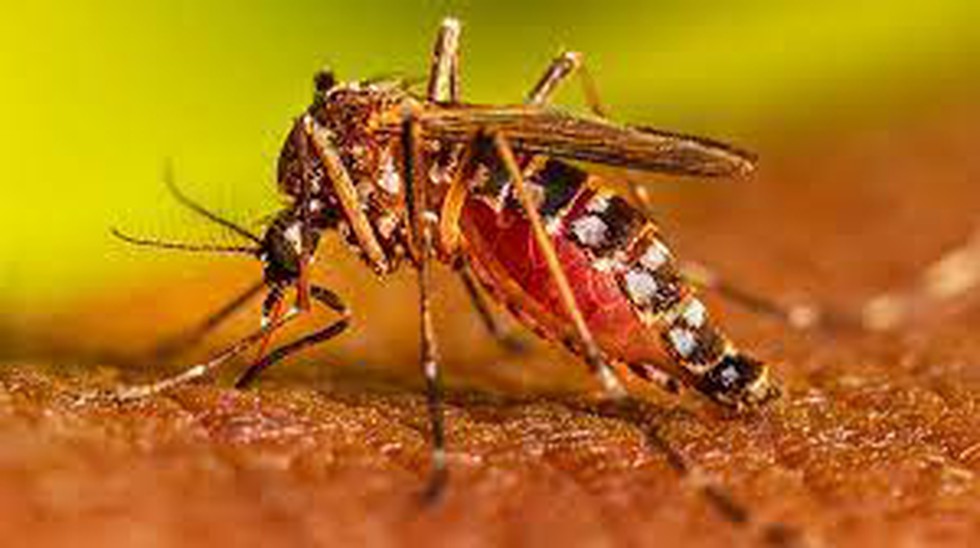India’s DNA Vaccine against Dengue
03-03-2023
1 min read

Overview:
India’s first prospective DNA vaccine against dengue is under clinical trials.
Why in News?
- The DNA vaccine has been in development since 2019 by scientists from the National Centre for Biological Sciences (NCBS), Bengaluru, in collaboration with nine institutions in India, Africa, and the US.

About DNA Vaccine:
- DNA vaccines use engineered DNA to induce an immunologic response in the host against bacteria, parasites, and viruses.
- The basic working principle behind DNA vaccine involves the use of a DNA plasmid that encodes for a protein that originated from the pathogen in which the vaccine will be targeted.
- DNA vaccine will avoid extracellular degradation and successfully enter the nucleus of target cells to induce a long-term immune response.
- It is considered to be more stable, cost-efficient, and easier to handle than traditional vaccines.
Dengue disease:
- Dengue is a mosquito-borne viral infection found in tropical and sub-tropical climates worldwide, mostly in urban and semi-urban areas.
- The primary vectors that transmit the disease are Aedes aegypti mosquitoes.
- The virus responsible for causing dengue is called the dengue virus (DENV).
- It can be transmitted to humans through the bite of infected mosquitoes.
- The World Health Organization (WHO) also states that the virus can transmit from pregnant mother to baby.
- There is no specific treatment for dengue/severe dengue. Early detection of disease progression associated with severe dengue and access to proper medical care lowers fatality rates of severe dengue to below 1%.
Q1) What is a Plasmid?
A plasmid is a small, circular, double-stranded DNA molecule that is distinct from a cell's chromosomal DNA. Plasmids naturally exist in bacterial cells, and they also occur in some eukaryotes
Source: Down to Earth
